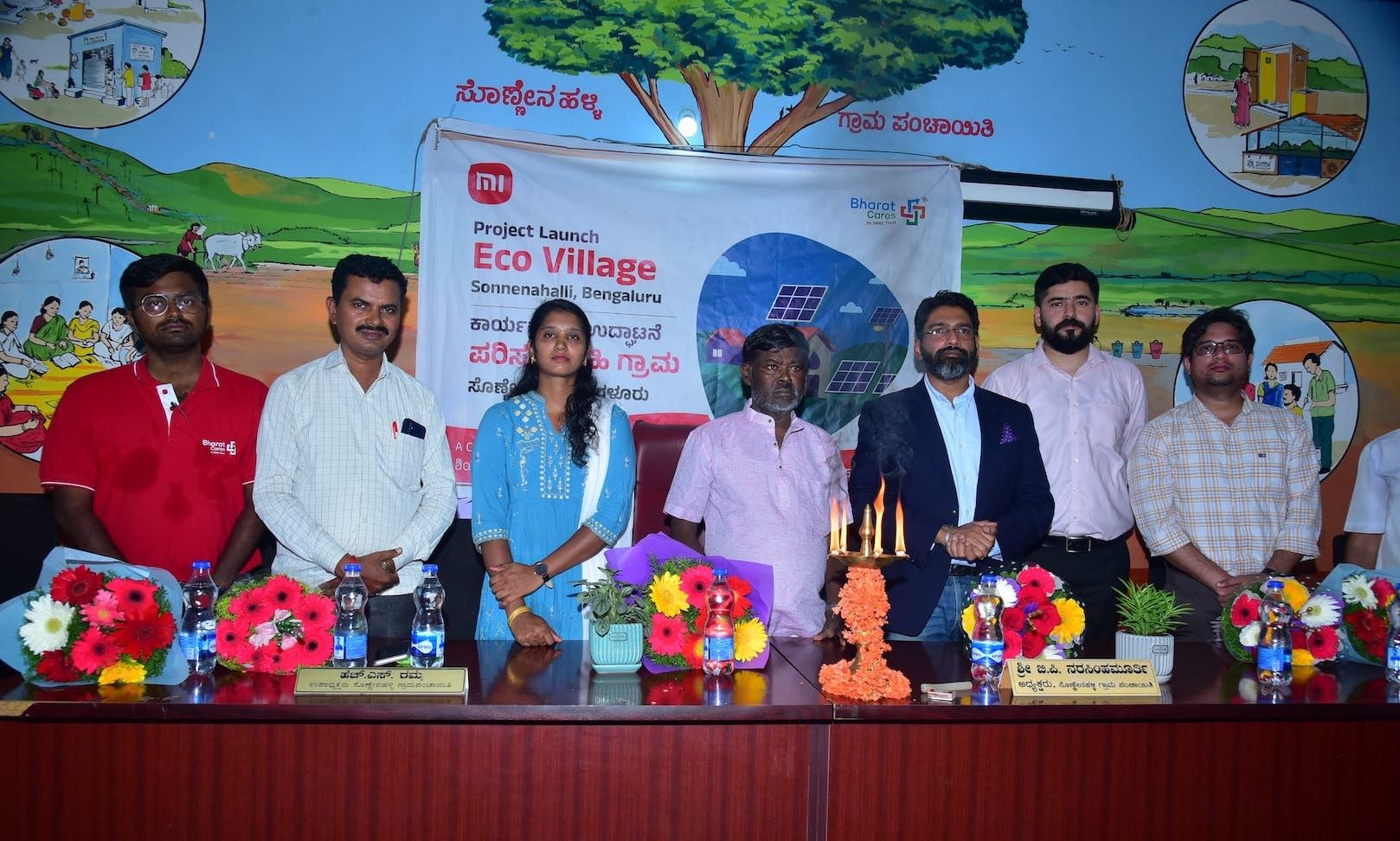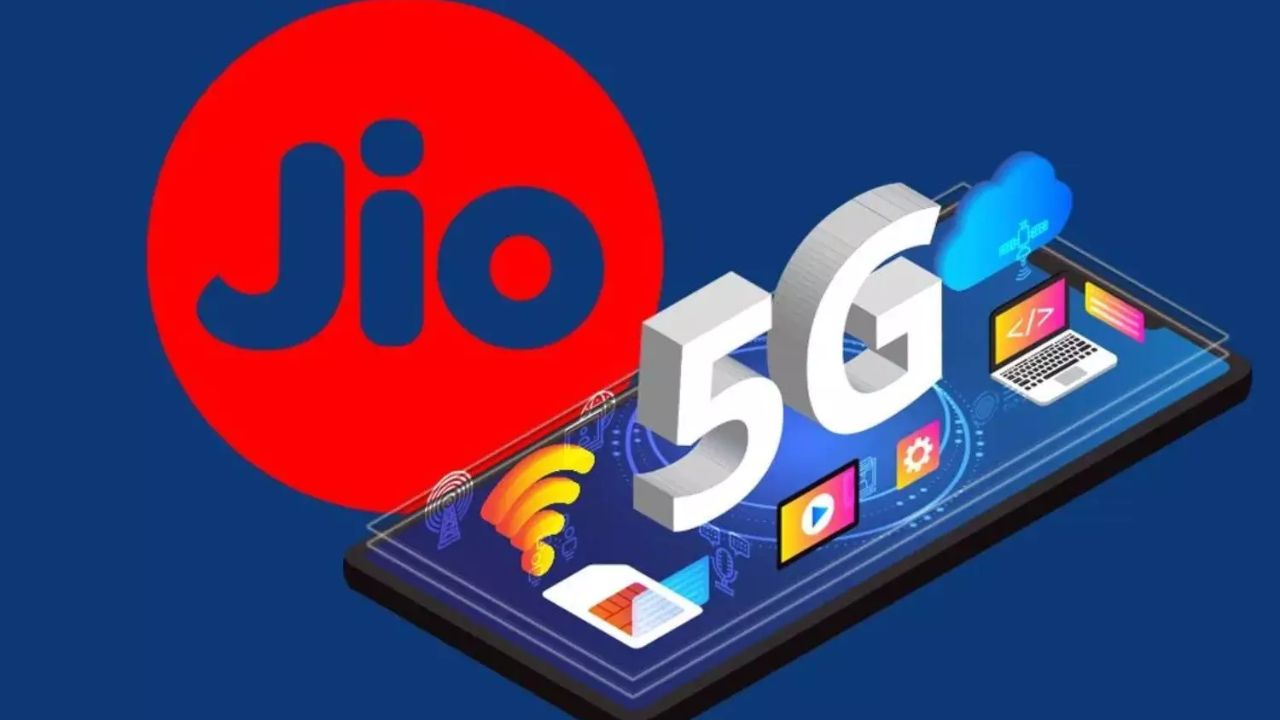Xiaomi India has kicked off a new rural development initiative called the ‘Eco-Village’ project, an effort aimed at fostering long-term, meaningful change in underserved areas through a mix of technology and community-based solutions. The first phase is now underway in two villages in Karnataka: K. Palasandra in the Tumakuru district and Sonnenahalli near Bengaluru. Partnering on the ground with BharatCares, also known as Shri Mahakal Education and Charitable Trust, Xiaomi is bringing its technical expertise to rural India with the hope of building scalable development models.
Key Takeaways
- What It Is: A community-centered rural development plan focused on building self-reliant villages.
- Who’s Involved: Led by Xiaomi India with implementation support from NGO Bharat Cares.
- Where It’s Happening: Currently active in two Karnataka villages; a third village in Salarpur Kalan, Noida, is set to join next month.
- How It Works: Technology is being deployed across key areas like renewable energy, water conservation, waste management, tree planting, and sustainable farming.
- The Goal: To create a replicable model for eco-conscious rural growth.
The Eco-Village blueprint centers on five main areas that touch nearly every part of daily village life: renewable energy adoption, water conservation, responsible waste management, tree plantation drives, and environmentally sound farming techniques. The broader goal is to align these local efforts with several of the United Nations’ Sustainable Development Goals, particularly clean water and sanitation (SDG 6), access to affordable and clean energy (SDG 7), and sustainable consumption and production patterns (SDG 12).
To make these changes tangible, Xiaomi is introducing several technologies suited to rural infrastructure. Solar panels will power community learning centers, while rainwater harvesting systems are being added to rooftops to better capture and store rainfall. Battery-powered waste collection vehicles will offer a cleaner alternative to traditional methods, and farmers will have access to drip irrigation systems to better manage water usage. Importantly, these interventions won’t be left to chance, each will be tracked via live dashboards and mobile-based feedback tools to keep everything transparent and on course.
On August 4th and 5th, the villages marked the program’s formal launch with foundation stone-laying ceremonies. These events set the stage for a range of projects: new solid waste management centers, the cleanup of long-neglected lakes and ponds, and major tree plantation efforts.
Sudhin Mathur, Chief Operating Officer at Xiaomi India, shared the company’s broader perspective on the initiative. “This program represents a step toward building stronger, more resilient communities that grow alongside India’s progress,” he said, adding that Xiaomi sees its technical know-how as something that should benefit the wider society.
The two pilot villages were chosen not just for their proximity to expanding urban areas, but also because they face challenges typical of many rural communities, limited access to clean water, poor waste infrastructure, and a lack of modern farming tools. Each has a population ranging from 4,000 to 8,500 people. Over time, the hope is that these villages will become working models of how rural development can be both people-centric and environmentally responsible.
With Salarpur Kalan in Noida next on the list, Xiaomi’s Eco-Village program is already gearing up to widen its footprint.
Frequently Asked Questions (FAQs)
Q1: What is the Xiaomi Eco-Village project?
A1: It is a rural development program by Xiaomi India and BharatCares. It uses technology to improve living conditions and promote long-term growth in villages across five areas: energy, water, waste, plantation, and agriculture.
Q2: Which villages are part of this project?
A2: The initial pilot projects are in K. Palasandra (Tumakuru, Karnataka) and Sonnenahalli (near Bengaluru, Karnataka). A third project site in Salarpur Kalan (Noida, Uttar Pradesh) is planned to launch soon.
Q3: What kind of technology will be used?
A3: The project will use technologies like solar panels for community centers, rooftop rainwater harvesting systems, battery-powered waste collection vehicles, and drip irrigation systems for farming.
Q4: Who is BharatCares?
A4: BharatCares (Shri Mahakal Education and Charitable Trust) is an Indian NGO that helps companies plan and execute their Corporate Social Responsibility (CSR) programs. They specialize in on-groundwork for community development projects.


















